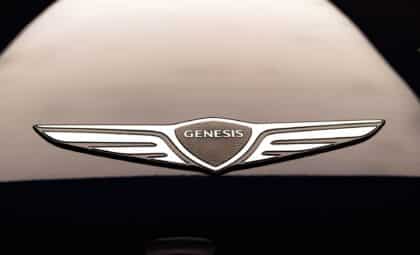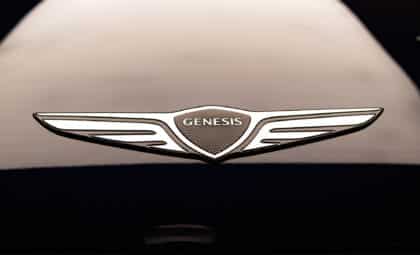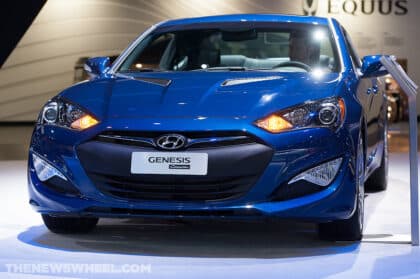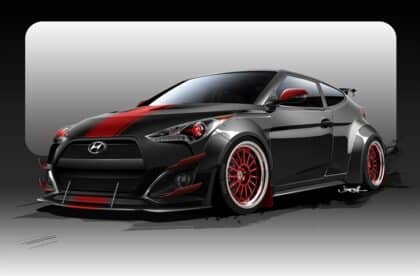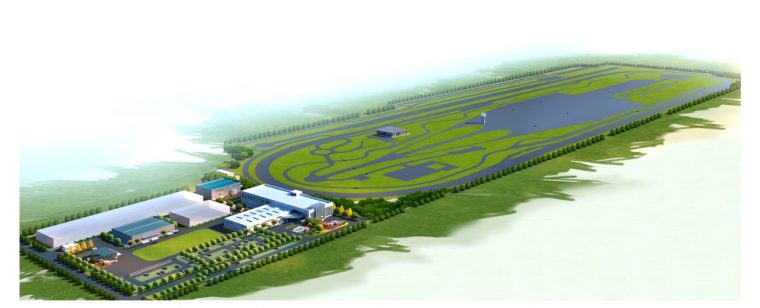
In addition to revealing a bevy of new models like the Mustang and Ranger and launching the FordPass mobile app, Ford’s Go Further event in Shanghai this past Saturday saw the announcement of an investment exceeding RMB 1.3 billion in its Ford Research and Engineering Center in Nanjing.
“As we continue our transformation into an auto and mobility company, we are investing to improve our R&D capability around the world,” said Dave Schoch, president of Ford Asia Pacific and chairman & chief executive officer, Ford China. “China is not only a major center of manufacturing and sales—but also a key hub of talent and innovation.”
The investment will, in part, support the Nanjing Test Center, Ford’s first vehicle testing and development center in China on schedule to open its doors in 2017. This center will include a test track that will be used to test vehicles’ durability on 80 different kinds of surfaces that simulate real-world driving conditions, as well as an emissions test center; noise, vibration, and harshness lab; and vehicle refinement lab. The Nanjing Test Center, estimated at RMB 680 million, will be equipped to test vehicles sold both locally and globally.
Ford is also investing RMB 250 million to develop a second, state-of-the-art powertrain and powertrain technology development lab in Nanjing. Ford also announced that it is investing an unspecified amount in the expansion of its electrical, electronic, and systems engineering lab, as well as in the expansion of its new energy vehicle capabilities. Ford last week also announced plans to offer electrified powertrain options for 70% of its nameplates by 2025.


Finally, Ford revealed its investment of RMB 5.5 million in what is calling a “MakerSpace,” where employees will be provided access to 3D printers and scanners, plastic-forming machines, and electronics and app development software. The MakerSpace will also be used as an inspirational host pace for STEAM schools and Ford’s suppliers as part of its Better World initiative.





